Member Directory,
1847 - 1922
William M. Evarts
Lawyer/Public Servant
Centurion, 1848–1901
Charles M. Leupp
Boston, Massachusetts
New York (Manhattan), New York
Age thirty
Windsor, Vermont
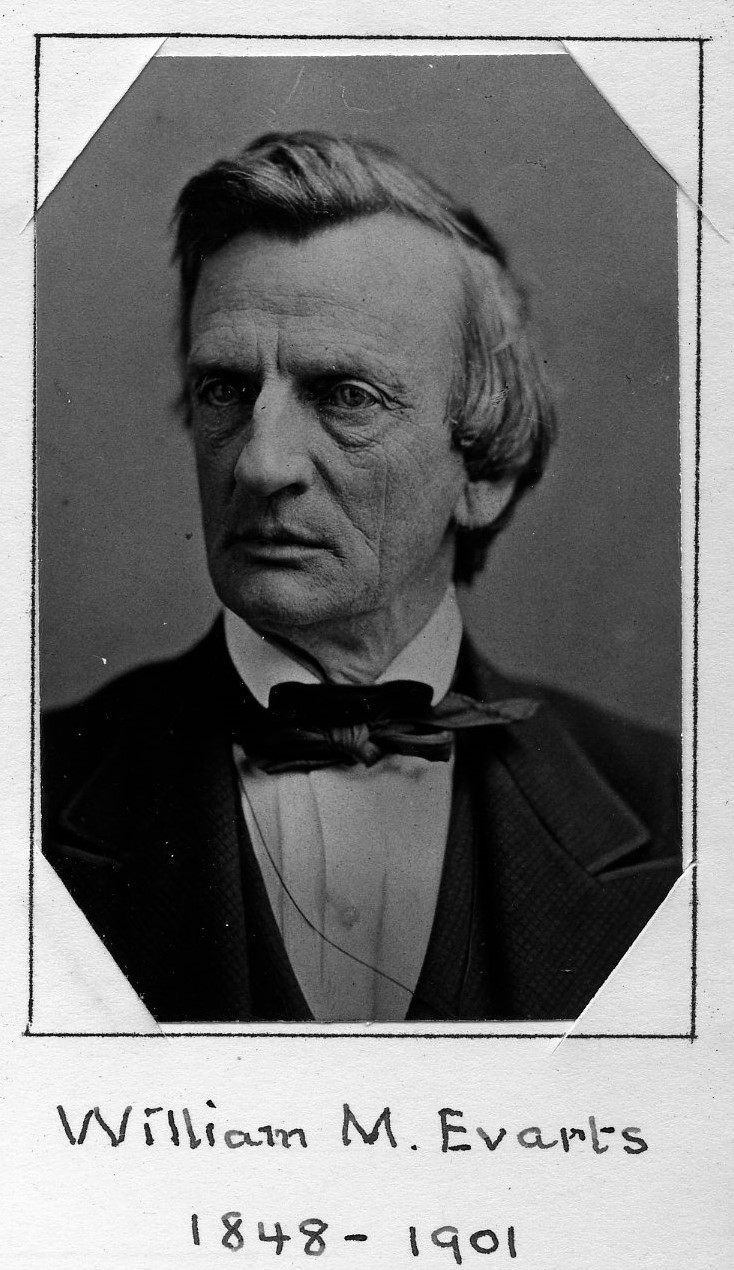
Archivist’s Notes
Father of Allen W. Evarts and Prescott Evarts; father-in-law of Charles C. Beaman and Charles H. Tweed; grandfather of William M. Evarts, Edward Newton Perkins, Maxwell Evarts Perkins, and Harrison Tweed; great-grandfather of Rowland Cox and Edward C. Perkins
Century Memorials
The eloquent and discriminating minute adopted by The Century Association—worthy alike of its subject and its author—on the occasion of the death of William M. Evarts, renders unnecessary and hardly pertinent any extended notice of that distinguished man, whose memory will be as warmly cherished as it is profoundly honored by The Century. His public service is a part—a substantial and enduring part—of the heritage of our beloved land. The vindication before our highest court of the sanctity of the soil of our State, freeing the slave whose master ventured to bring him hither; the sustained and even more triumphant advocacy of the constitutional limitations of slavery as he regarded them, and as they were held by the Republican party; his powerful influence in establishing the rule of law above the impulse of even righteous anger, in the case of Presidential impeachment; his contribution to the establishment of the rule of justice above the impulse of international resentment and passion in the Geneva Arbitration, which saved the world from the incalculable disaster of war between the two great English-speaking nations,—these are indeed pages in his long record as splendid as they are beneficent. It will not do to say that they will not be forgotten, for the gnawing tooth of time respects no human name; but the muniments of ordered human liberty are firmer and more solid for what Mr. Evarts did as a citizen and a statesman. Happy are we that with this proud and grateful memory we can mingle the impression of the scholar, the wit, the companion, and the friend.
Edward Cary
1902 Century Association Yearbook
In response to the direction of the Club the following minute upon the death of Mr. William M. Evarts, prepared by Justice Patterson, was reported by the Board of Management at the meeting of May 4th, 1901:
By the death of William Maxwell Evarts there has been transferred to the mortuary list of The Century Association a name highly honored in its membership, and one renowned among the jurists, advocates, orators, and statesmen of the Republic. For nearly fifty-three years he was associated with this Club. There are yet among us some who have observed with interest and admiration his brilliant and unique career from the day when, but a youth, he attained prominence in the memorable trial of Monroe Edwards, until his retirement from active life was compelled by that affliction which left him almost in physical darkness, but which did not obscure the wonderful clearness and purity of his mental vision.
It has fallen to the lot of but few men to become distinguished as early in life as he, or to retain through so long a series of years an undisputed leadership in his profession and among intellectual men. Gifted by nature with a rare mental endowment, his capacities were developed by assiduous application to the study of law which he pursued after his graduation from Yale College. His knowledge of jurisprudence as a science was so extensive and profound as to entitle him to be called a jurist, and not merely a lawyer. His skill in the trial of causes, and his power and eloquence as an advocate made him famous both in America and Europe. For fully thirty years he was engaged in most of the important litigations in the State and Federal Courts in this city, and he was a leader in great historical trials that will never perish from the memory of men. He successfully maintained in the Courts of New York in the Lemon Slave Case the principle that a slave-holder voluntarily bringing his human chattel into this State delivered him from bondage. With a matchless display of reasoning and eloquence he defended an impeached President of the United States and saved the country from the disgrace of a threatened political error, or, as some think, injustice, almost without a parallel in the history of a free people. With other eminent counsel he helped to avert the horrors of a possible second civil war in the proceedings before the Electoral Commission which settled a disputed claim to the Presidency; and his efforts in the International Tribunal at Geneva placed him in the foremost rank of the great advocates of the English-speaking world.
Outside of the judicial forum his oratory was also of the highest order, displaying depth of thought, extensive and accurate learning, and a thorough knowledge of his subject, while his utterances were clothed in a classic diction and moulded in a form of unsurpassed elegance. His masterpieces are the stirring speech with which the crusade was opened against the “Tweed Ring” in the City of New York, his address at Philadelphia on the Fourth of July, 1876, and his eulogy of Chief Justice Chase.
In exalted public station as Attorney-General and as Secretary of State of the United States and as Senator from the State of New York in Congress, he rendered service of permanent value. But his usefulness to his country was not confined to his labors in those positions. In the darkest period of the Civil War, while Archbishop Hughes and Thurlow Weed were endeavoring to arouse a sentiment in Continental Europe, and Henry Ward Beecher was creating a public opinion among the masses in Great Britain favorable to the cause of the North, Mr. Evarts was the missionary who, in the social gatherings and at the dinner tables of the ruling classes in England, enlightened their ignorance, overcame their prejudices, and allayed their animosities. Such services must necessarily remain unacknowledged and unrecompensed; but they were of inestimable benefit to the nation.
But, preëminent as he was in professional and public life, he was almost peerless in the social talents that made him the wonder and delight of every gathering of which he formed a part, and a chief ornament of this Association, which for years was to him as a second home. Within the walls of its former habitations he passed many hours of relaxation from his arduous labors. There, in the companionship of those who appreciated his shining qualities, in unaffected fashion he displayed the graces of his versatile and well furnished mind, showered upon his auditors with prodigality the sallies of his unrivalled wit, and with artists, authors, and scholars held familiar conversation upon art and literature and science. There he exhibited that broad and comprehensive culture which made him so charming a companion, and there he indulged in those famous “lingual gymnastics,” which caused his hearers to hold their breath with astonishment, while he piloted his complex sentences through labyrinths of parentheses, which to others would have been an inextricable maze of words, but with him were finished and complete models of correct and lucid syntax.
His moral was upon as lofty a plane as his intellectual equipment. During a life of more than fourscore years the breath of scandal never reached him; and in all the rivalries and contentions of his busy career there was never imputed to him an evil, dishonorable, or degrading act. Pure in his life, free from all sordid taint, he has left behind him a memory which is a priceless inheritance to his family, a rich possession to his friends, and an honor to our Association.
Edward Patterson
1902 Century Association Yearbook
Related Members
Member Directory Home-
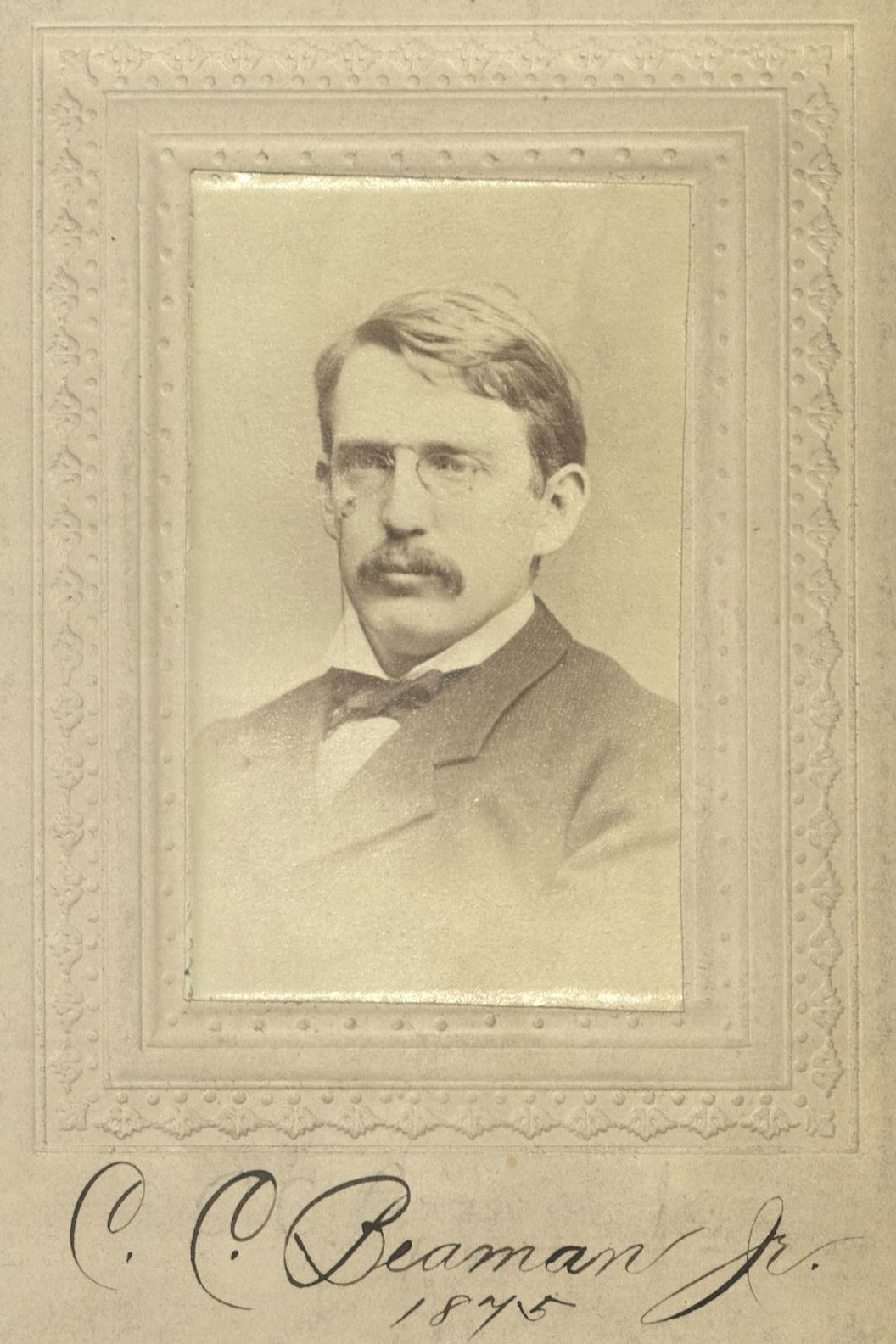 Charles C. BeamanLawyer/Public ServantCenturion, 1875–1900
Charles C. BeamanLawyer/Public ServantCenturion, 1875–1900 -
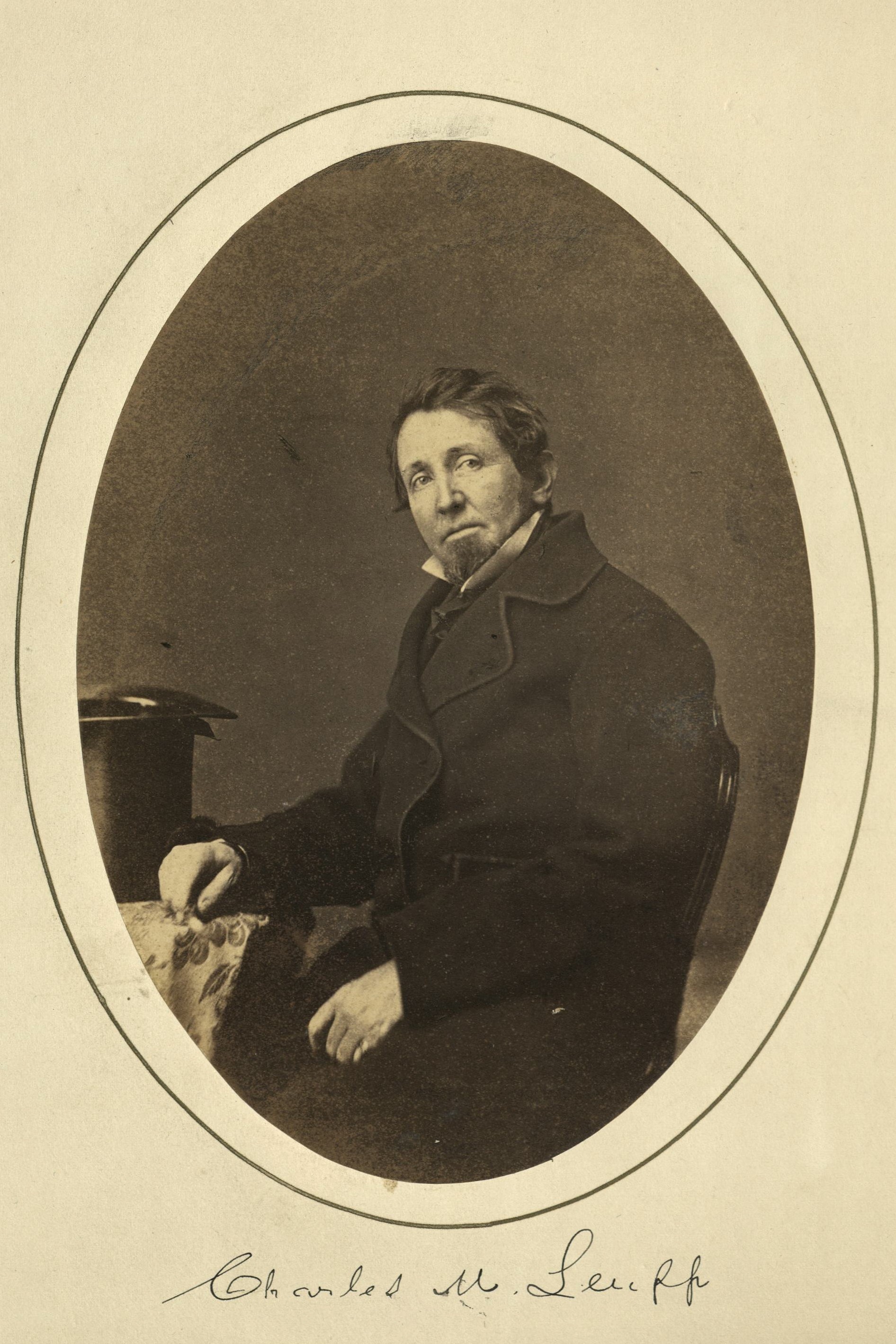 Charles M. LeuppMerchant (Leather)Centurion, 1847–1859
Charles M. LeuppMerchant (Leather)Centurion, 1847–1859 -
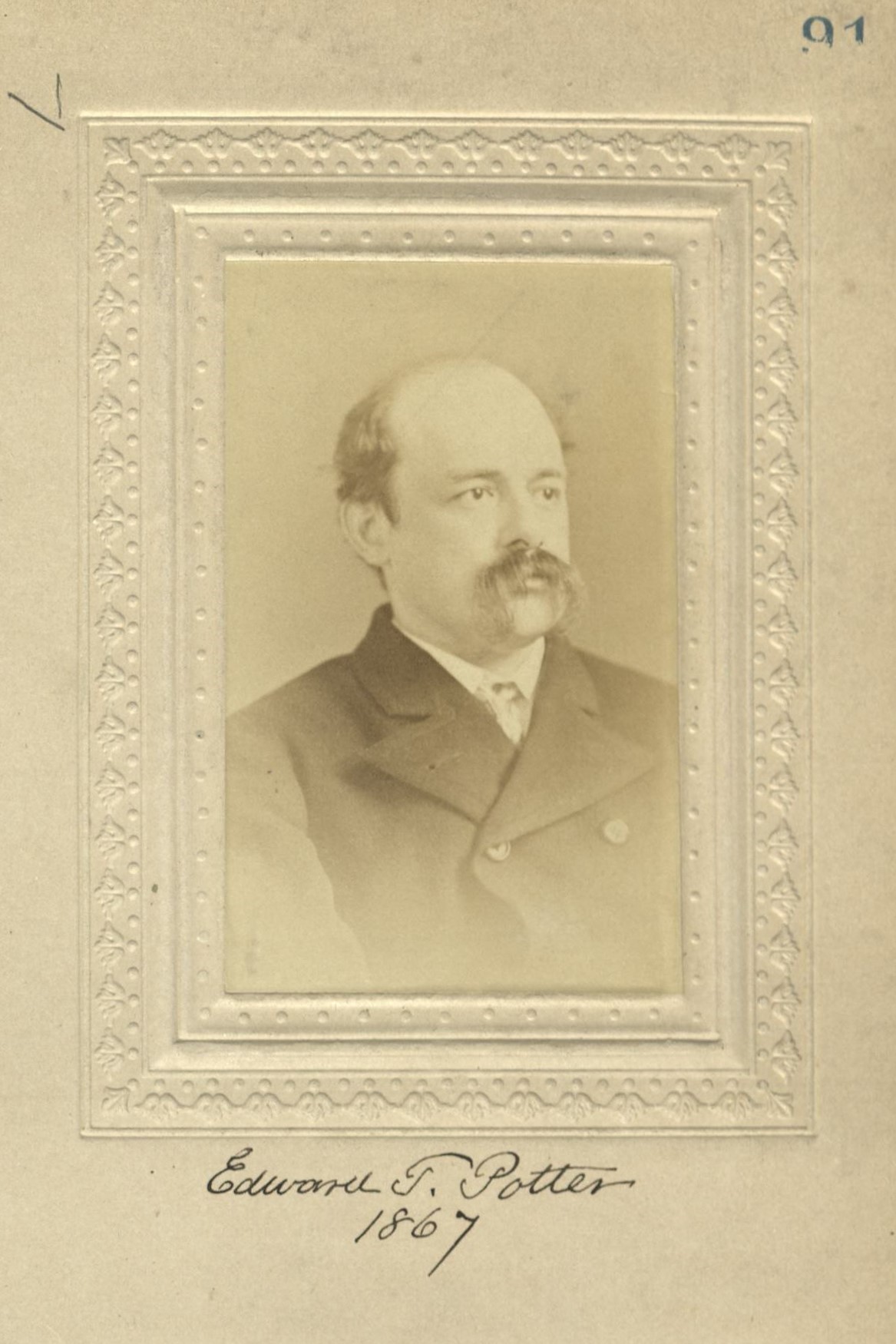 Edward T. PotterArchitect/ComposerCenturion, 1867–1904
Edward T. PotterArchitect/ComposerCenturion, 1867–1904 -
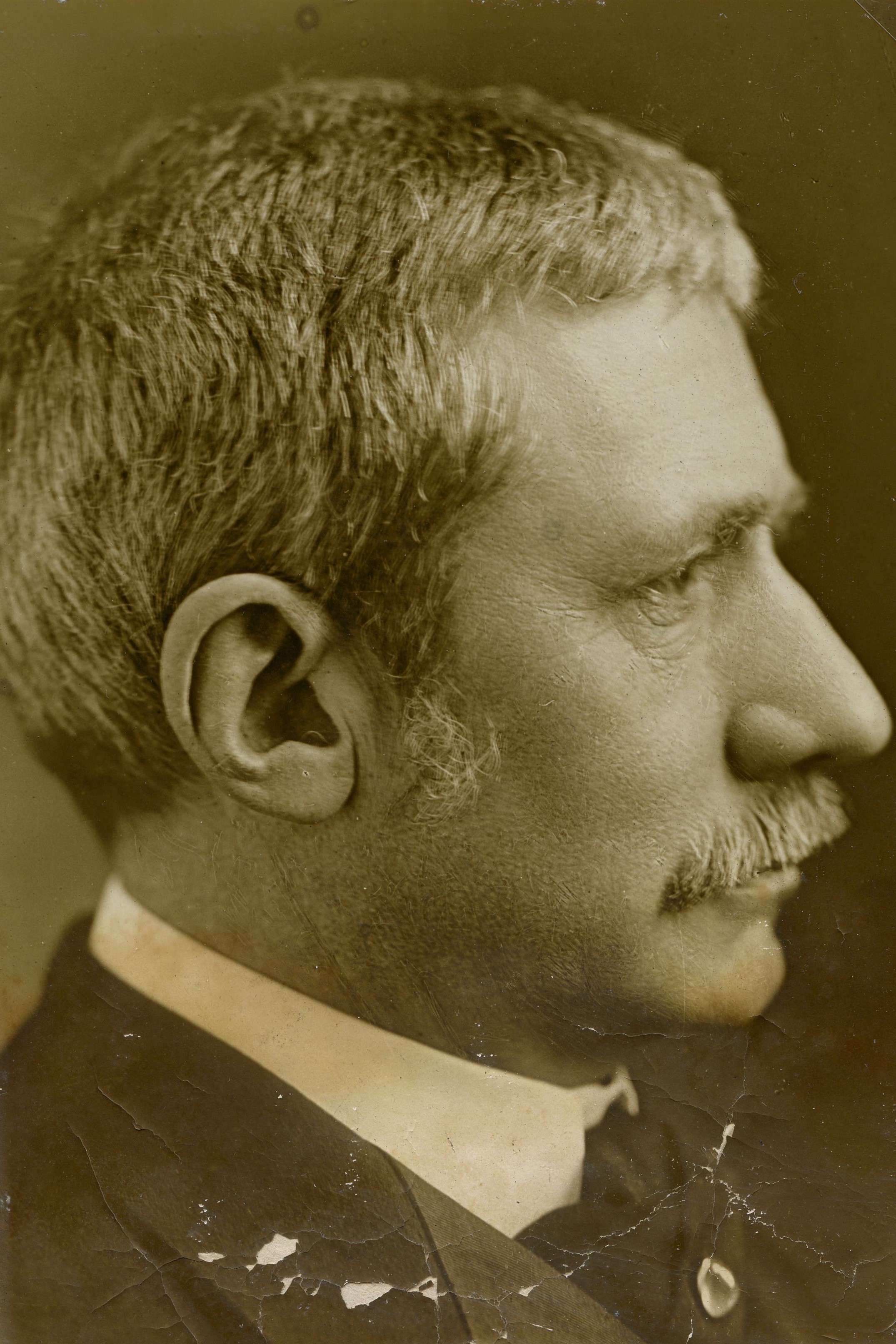 Elihu RootSecretary of State/Secretary of War/U.S. SenatorCenturion, 1886–1937
Elihu RootSecretary of State/Secretary of War/U.S. SenatorCenturion, 1886–1937 -
 Charles Howland RussellLawyerCenturion, 1884–1921
Charles Howland RussellLawyerCenturion, 1884–1921 -
 Charles F. SouthmaydLawyerCenturion, 1854–1911
Charles F. SouthmaydLawyerCenturion, 1854–1911 -
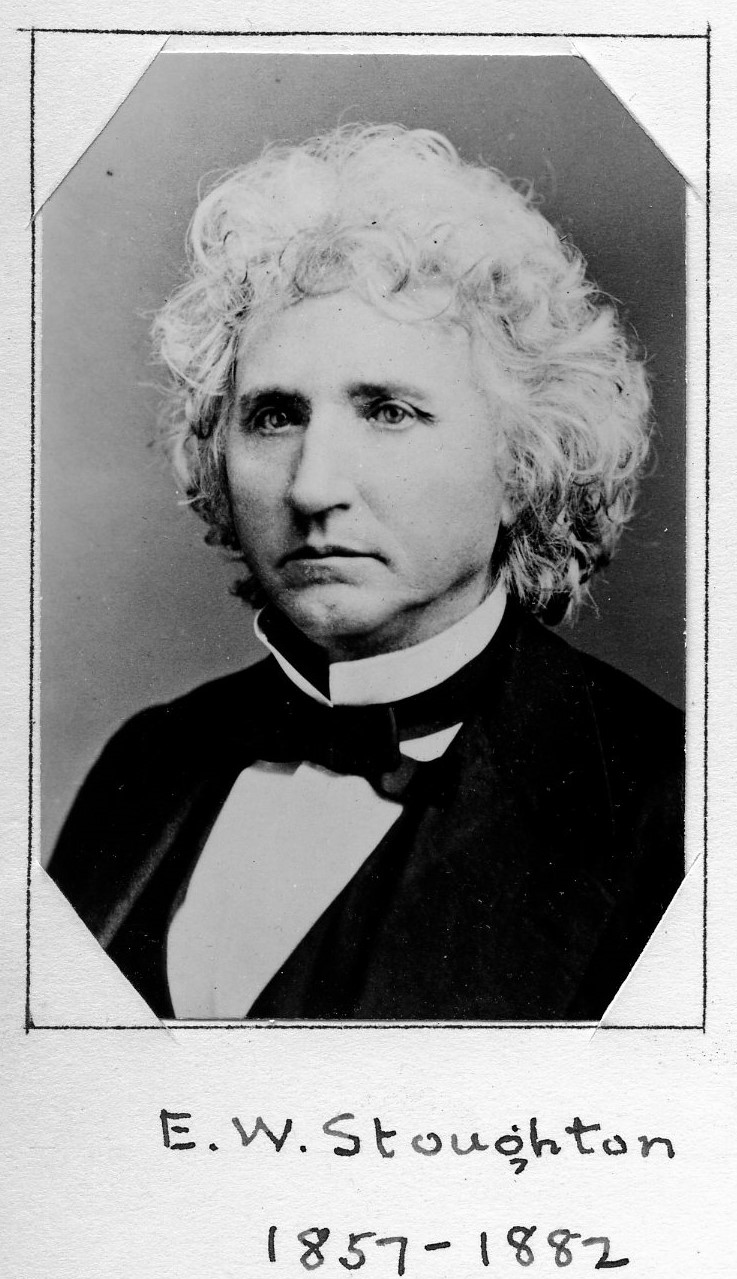 Edwin W. StoughtonPatent Lawyer/DiplomatCenturion, 1857–1882
Edwin W. StoughtonPatent Lawyer/DiplomatCenturion, 1857–1882 -
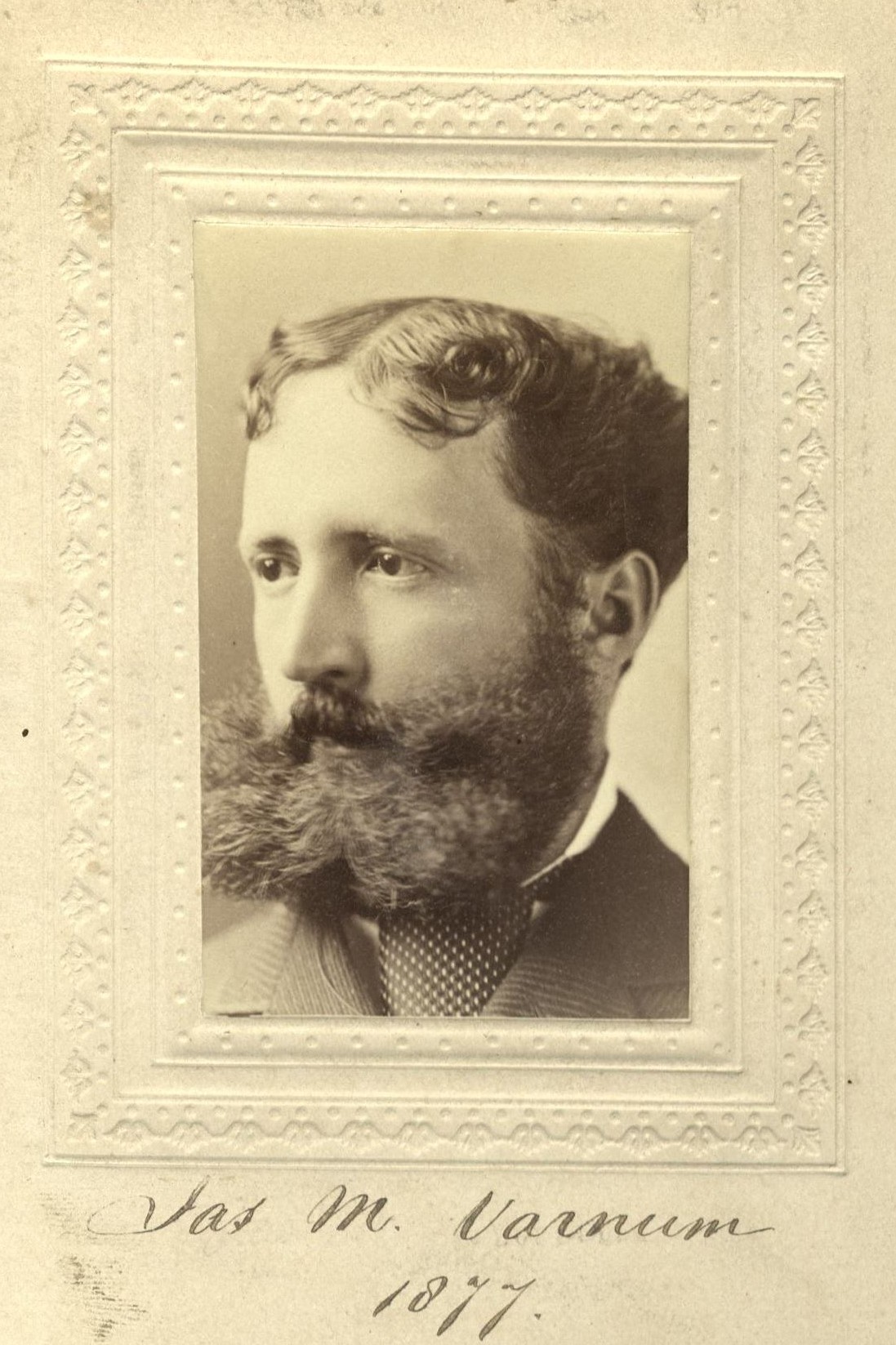 James M. VarnumLawyer/Army OfficerCenturion, 1877–1907
James M. VarnumLawyer/Army OfficerCenturion, 1877–1907






